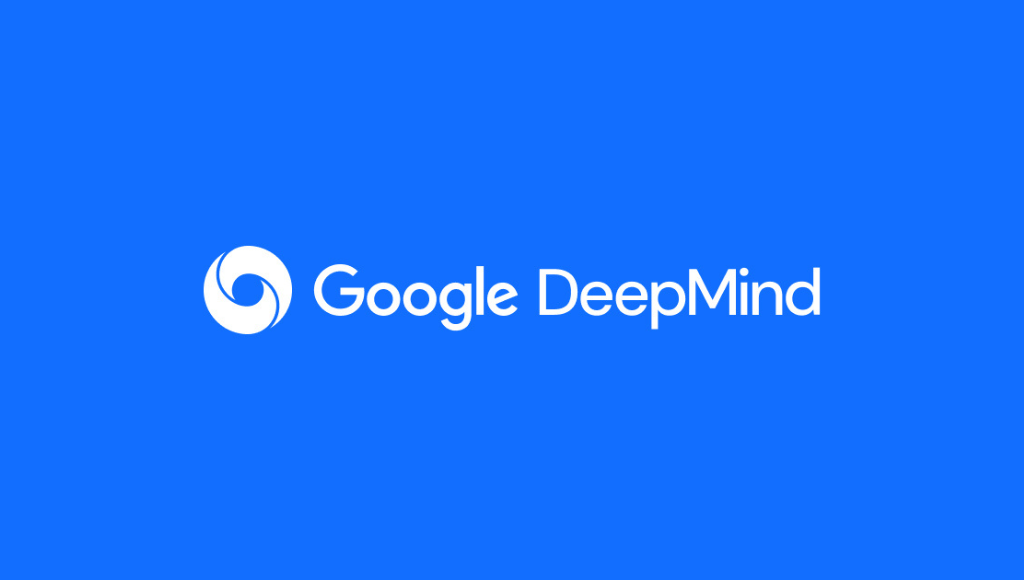Alphabet Inc. the parent company of Google, is gearing up to make a significant splash in the field of artificial intelligence (AI) at the highly anticipated Google I/O conference commencing on May 10. With AI being a prominent topic, Alphabet finds itself in a position where discussing AI is imperative. Simultaneously, the company faces the pressure to demonstrate its leadership in the domain, lest it relinquishes control to the formidable OpenAI-Microsoft partnership.
Following the remarkable success of ChatGPT, Microsoft solidified its collaboration with OpenAI through a substantial multi-year, multi-billion-dollar investment. Microsoft has been actively integrating AI into its extensive range of products, showcasing its determination to excel in the AI landscape.
In contrast, Alphabet has been perceived as lagging behind, encountering some challenges with the launch of its Bard AI and struggling with a sluggish rollout. However, the upcoming event presents an opportunity for Alphabet to reverse this narrative as it prepares to unveil numerous AI updates.
By showcasing its latest advancements at the conference, Alphabet aims to demonstrate its commitment to AI innovation and reclaim its position as a prominent player in the industry. The company seeks to impress attendees and industry observers alike with its refreshed AI offerings and showcase its ability to compete in the ever-evolving AI landscape.
As the conference unfolds, all eyes will be on Alphabet as it strives to make significant strides in AI and reclaim its foothold in the face of rising competition from the OpenAI-Microsoft collaboration.
What to expect at Google I/O?
According to CNBC, Alphabet is expected to focus on AI and how its products “help people reach their full potential.” According to the documents seen by the media company, Google will demonstrate “generative experiences” to Bard and Search operations using AI.
This will likely include using Bard to demonstrate its utility in coding, math, and logic, showing that the AI is at par with its OpenAI counterpart. However, the CNBC report said that Google would also showcase the AI’s expertise in following prompts in Korean and Japanese.
The expertise in multiple languages comes from its general-use large language model, PaLM, an improved iteration that will be unveiled at the event. PaLM2 supports more than 100 languages.
In March this year, the company also launched an experimental tool, a much more powerful version of Bard. Internally, Google has been working on a “multi-modal Bard” which uses a larger data set and also tested versions dubbed “Big Bard” and “Giant Bard”.
Much like Microsoft, Google is also expected to improve user experiences after incorporating AI into its products like Sheets, Slides, and Meet, which it began rolling out to limited sets of users starting March this year.
Google is also expected to update users on image recognition in Google Lens and allow users to search using camera and voice.






